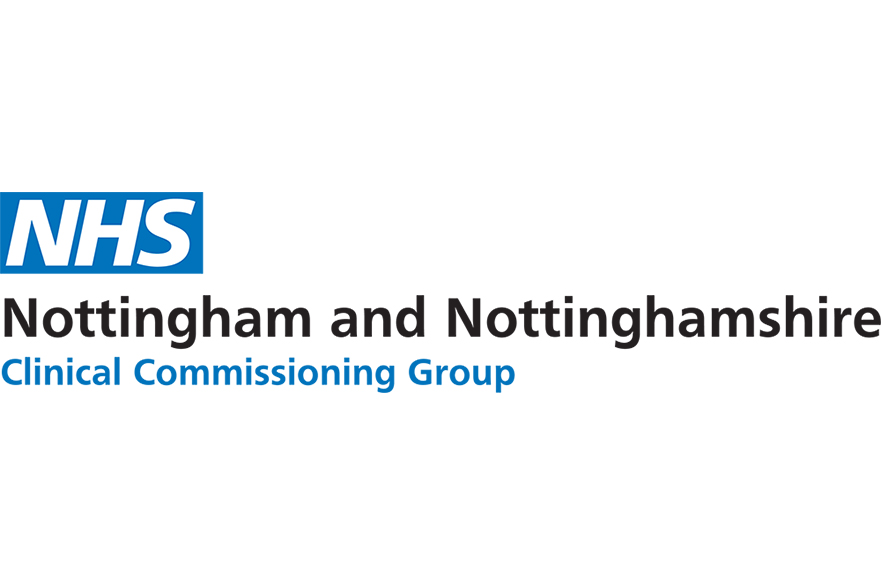The student guide to the NHS when away from home
Published: 21/10/2021
It's important to look after your health when moving away from home, and that you know where to find help when you need it.

Here are the NHS’ five health tips for new students:
1. Register with a local GP
It is important to register with a local GP.
If you become unwell or need other medical treatment when you're at home or not staying near your university GP, you can contact your nearest practice to ask for treatment.
If you have an urgent care need use NHS111 first. This service can be found online, on the NHS App or by calling 111.
For minor health concerns you can also ask your local pharmacist for medical advice and support.
2. Register with a dentist
Make sure you also register with a local dentist. Not all treatment is free, even under the NHS. You may be able to apply for help with health costs, including prescriptions and dental care.
3. Check your vaccinations
MenACWY vaccination
The MenACWY vaccine protects against 4 different causes of meningitis and septicaemia: meningococcal (Men) A, C, W and Y diseases. All 17 and 18 year olds in school year 13 and first-time university students up to the age of 25 are eligible as part of the NHS vaccination programme.
International students can also receive the vaccine for free. Please ensure you are registered with a GP Practice.
Contact the GP you're registered with to ask for the MenACWY vaccine.
Mumps vaccination
Universities and colleges also advise students to be immunised against mumps before starting their studies.
The MMR vaccine (for mumps, measles and rubella) is part of the routine NHS childhood immunisation schedule. This means most young people who've grown up in England will have had 2 doses of it in childhood. If you're not sure you've had 2 doses of the MMR vaccination, ask a GP for a catch-up vaccination.
Flu jab
Get an annual flu vaccination if you have asthma and take inhaled steroids. You should also get a flu vaccination if you have a serious long-term condition such as kidney disease.
Covid vaccination
You’re now eligible for the covid vaccination.
4. Get contraception
Even if you do not plan to be sexually active while studying, it's good to be prepared. Contraception and condoms are free for everyone from any GP or family planning clinic.
5. Rest and eat healthy food
Getting enough sleep and eating well will mean you have a better chance of staying healthy, you'll feel more energetic and be better equipped to cope with studying and exams.
NHS111 online
By using NHS111 you will be offered a timeslot at a local service matched to your health needs and urgency to be seen. The service will book you in to be seen quickly and safely in A&E, an Urgent Treatment Centre, a GP practice, a pharmacy, emergency dental services or a Walk-In Clinic. Using NHS111 online saves time in waiting areas or sitting on the end of a phone.
You can find NHS111 online; on the NHSApp or by calling 111 to speak to someone.
If it’s life-threatening you should always call 999.
The NHS App
Not to be mistaken for the NHS Track and Trace app, the NHS App is a simple and secure way to access a range of NHS services on your smartphone or tablet.
By linking to your GP record it lets you access your medicines, order repeat prescriptions, access the NHS111 service and it also shows your (COVID) vaccination status. If you don’t yet have it, you can download it from the App Store or Google Play.
Read our Healthy NTU Guide to find out more about staying happy and healthy at NTU.